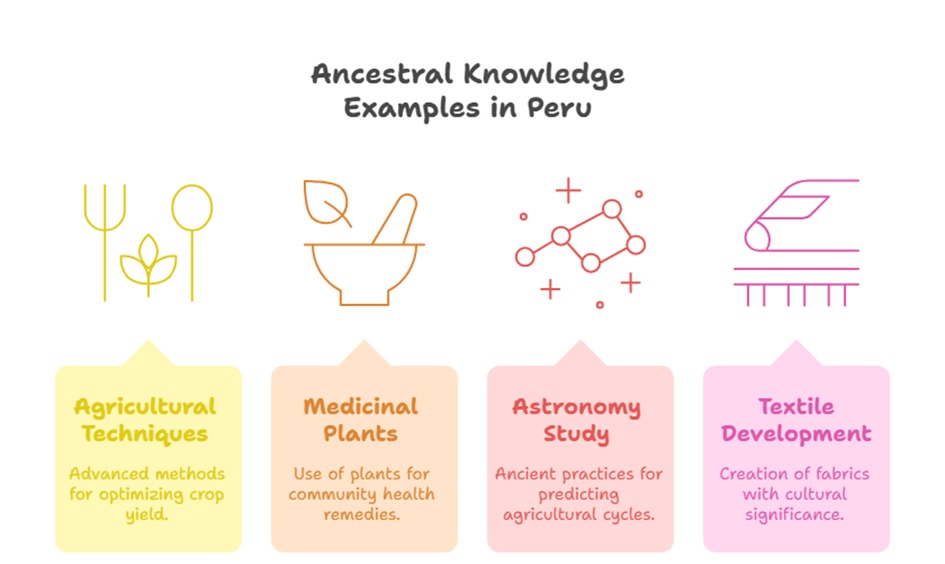Evaluation of three projects integrating ancestral knowledge into the circular economy in Peru using Neutrosophic N-Soft Sets
Keywords:
Ancestral knowledge, Circular Economy, N-Soft Set, Single-Valued Neutrosophic Number, Single-Valued Neutrosophic Set, Neutrosophic N-Soft SetAbstract
The circular economy model, based on the reduction, reuse, and recycling of resources, is gaining increasing importance in today's society, particularly in sustainability. This research examines incorporating ancestral knowledge into this paradigm, addressing the connection between interculturality and sustainable resource management. Ancient communities have cultivated knowledge about natural resource management, recycling, and preservation that can be useful for contemporary circular economy strategies. Through an intercultural study, the multiple ways in which native and traditional cultures contribute to the circular economy are recognized, often with practices that have endured for centuries. However, the incorporation of this knowledge into contemporary legislative and economic contexts encounters multiple obstacles, including cultural, financial, and political barriers. The objective of this article is to evaluate three projects integrating ancestral Peruvian knowledge with the circular economy. Five experts evaluated these projects. The mathematical tool we used is Neutrosophic N-Soft Sets, where each object is associated with a grade on a scale from 0 to N-1, where N is a natural number greater than 1 and also a Single-Valued Neutrosophic Number. This ensures decision-making in multi-attribute problems where uncertainty is explicitly taken into account.
Downloads

Downloads
Published
License
Copyright (c) 2025 Neutrosophic Sets and Systems

This work is licensed under a Creative Commons Attribution 4.0 International License.


